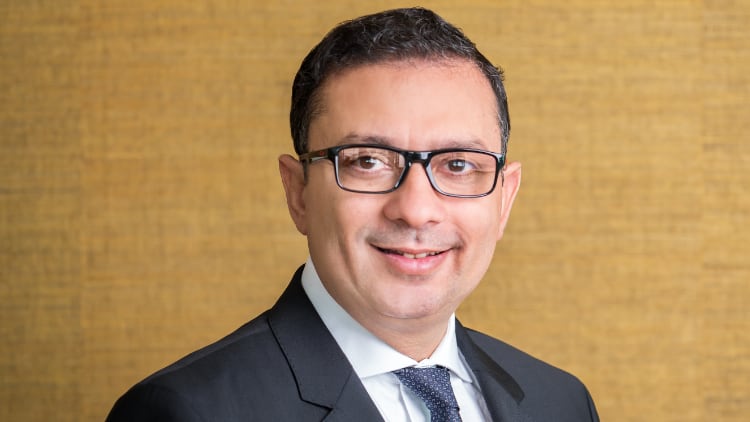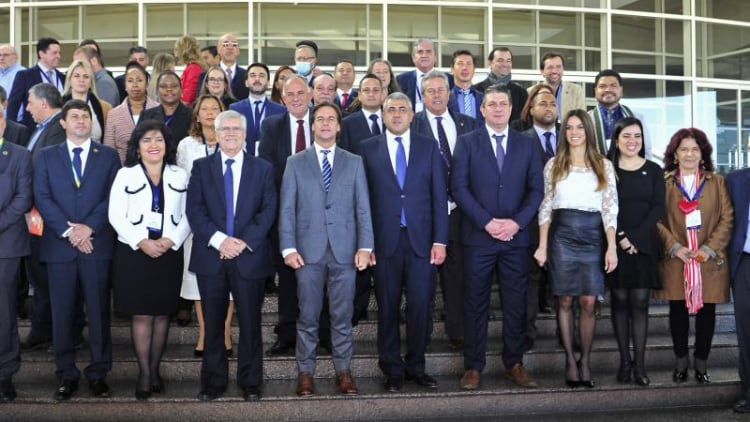Zubin Karkaria
CEO of VFS Global
The Diplomat
After more than two years of pandemic, a world on the move is expected to be wary and anxious. While travel experiences may not be the same as in pre-crisis times, the human desire to explore new places remains unaffected.
A case in point is the results of a survey conducted jointly by the World Travel & Tourism Council (WTTC) and Oxford Economics, which showed that the global travel industry recovered more than 50% of its gross travel activity by the end of 2021 and is expected to generate $2 trillion this year. Another survey by McKinsey revealed that travel is the second most desired activity after eating, reinforcing the belief that the resurgence of global mobility is inevitable.
We spoke to Zubin Karkaria, Founder, and CEO of VFS Global, the world’s largest outsourcing and technology services specialist for governments and diplomatic missions worldwide, on the key factors to determine international travel recovery.
What is the path to recovery for international travel?
The road to recovery depends on the agility of travel industry players to regain travellers’ trust. . Equally essential is making life easier for customers and clients, making travel less complicated and cumbersome. Customers don’t want a foreign vacation that starts with the requirement to fill out hundreds of forms and documents.
Do you expect a recovery in the short term?
Given the volatility of the new COVID variants and the current geopolitical risks, the industry must be prepared to deal with the more immediate issues while preparing businesses for the long term.
Regaining pre-pandemic momentum depends on three key factors: the restoration of travellers’ confidence, the opening of borders by governments to encourage global mobility, and greater adoption of outsourcing business models. The media also has an important role to play. The industry needs the support of positive media narratives, both in traditional media as well as social networks and other digital media.
What would be the role of technology in global travel?
Underpinning the seamless integration and functioning of these factors lies in technology as a medium. The pace of technological transformation and absorption accelerated during the pandemic, bringing many benefits, and forever reshaping the travel ecosystem. Technology has impacted day-to-day operations, spurred innovation across the industry, and transformed the customer experience journey, including taking new health and safety considerations into account.
Travelers are likely to approach international travel with cautious optimism for some time to come, even as they seek to resume their plans. This is where travel technology has and can continue to play a role in restoring confidence.
How would technology enhance customer experience?
From easing processes to providing safer ways to travel, travel technology has enhanced the overall customer experience. Changing customer expectations have fueled the emergence and acceptance of contactless and Do it Yourself (DIY) technologies.
Take the visa application process as an example. Once a lengthy paper process has become seamless through tech-enabled services that reduce touchpoints considerably and allow a paperless and hassle-free application process. At VFS Global, we witnessed a big demand for services introduced at the start of the pandemic, like Digital Document Check, Digital Application Services (DAS), Visa at Your Doorstep (VAYD) and more that have enabled a contactless customer experience in a completely secure manner. The demand was especially strong for VAYD. Adopting such contactless services will continue to grow globally as health and safety remain a top priority in the aftermath of the pandemic.
What changes do you foresee in border control and security measures while ensuring enhanced travellers’ experience?
Technology has certainly opened the door to new opportunities. The most significant opportunities are to help governments significantly improve their efficiency, increase controls and provide unique value propositions that can enhance customer experiences while maintaining the highest level of security. As borders open, governments around the world are evaluating solutions that enable smoother international travel, while improving citizen relations, maintaining tight control over data security and enhancing overall security.
A partner with the right technology competencies and value propositions will play a critical role in accelerating government adoption of outsourcing services and driving cross-border mobility. We, as a company, are investing heavily in understanding the changing market dynamics, re-evaluating our products and services and offering technology solutions such as e-visas and biometric technologies that will enable frictionless travel.
What recent experiences do you have from VFS Global?
Having successfully facilitated e-visas for Dubai, Lithuania, Thailand, Vietnam and our recent collaboration with the government of Azerbaijan, I am confident that this fully secure, technology-driven product can be integrated into existing or new government visa processes while ensuring security features such as in-person biometric enrollment in a controlled and secure environment if required.
Much has changed and will continue to change as travel needs, preferences and considerations enter a new phase of evolution. With the relaxation of travel restrictions and improved global vaccination and immunity rates, it is inevitable that international travel will return to pre-pandemic levels. But uncertainties during the pandemic made customers wary of travel and governments cautious. As the industry seeks to reassure both governments and customers, communication through conventional media and new-age channels such as social media and increased adoption of technology will be a key success factor in the process of continued evolution.







